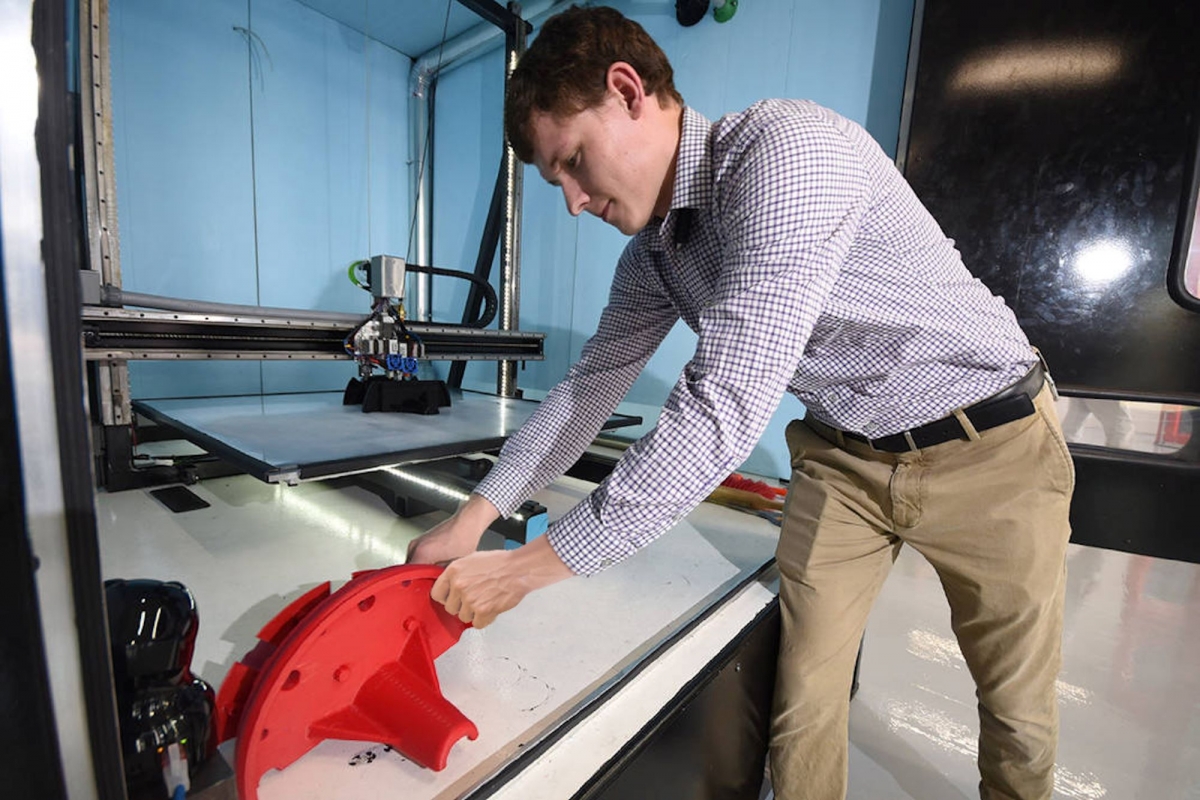Recruiting The Next Generation Of Water Professionals
Date:
Publication:

Like many water industry companies and utilities, Mueller is facing a cliff in the next five to 10 years when a large portion of our hourly workforce will retire. These professionals have been in the industry for a long time and possess a vast knowledge of water infrastructure and the water distribution network. Replacing them means attracting a new generation of water professionals.
Most of the future workforce will include millennials and Generation Z — a demographic that has largely grown up in a digital world. They are tech-savvy and the way they work and communicate is vastly different than the aging professionals they will replace. This new generation is very entrepreneurial and seeks to have their ideas heard and valued, even in the context of a job. Make no mistake — they are certainly not lazy, but rather, prefer to work at their own schedule. They are probably the most multitasking-capable generation that has ever existed.
Appealing to them — especially in such a competitive market — requires hiring managers to recruit in different ways and, critically, to recognize what this group prioritizes in a career, a company, and a workplace. The following summarizes some ways that water organizations can both better prepare for and manage this imminent transition.
Emphasize A Positive Organizational Culture
Many from the next generation can be characterized by their drive to have purpose, to be good global citizens, and to feel passionate about the company they work for. That’s why it’s imperative that water companies embrace a positive organizational culture and a commitment to workplace diversity and inclusion. Organizations should clearly define their own unique DNA and live these core values daily in the way they engage with their employees.
Adopt Digital Capabilities
Water industry companies need to recognize that digital capabilities are a priority for the next generation of workforce. Technology is intuitive to them and viewed as an essential tool, both in the workplace and in their daily lives. The challenge we face as an industry is that the water sector has traditionally been a slow technology adopter. We need more pull from city and municipal leaders to create demand for integrating real-time technology and smart monitoring networks, which makes these jobs more efficient. It’s critical that we change this paradigm so that a water sector career won’t be seen as taking a step back in time.
Consider Flexible Work
The impact of COVID has brought a dramatic shift in the way we work. People have more choices than ever before and many of them have stepped back to reevaluate their work-life balance. In this new ‘gig economy,’ people can cobble together a living doing two or three different things as opposed to focusing on one 40-hour week job. Along the way, people have discovered their partiality for a working schedule that offers flexibility. This is especially true for the next generation, which prefers to integrate work around their lifestyle.
If we want to recruit the best and brightest talent from this generation, we must be willing to adapt in how we manage their work arrangements. And COVID has shown us that there are opportunities to create roles with more flexibility. For instance, Mueller managed the circumstances brought on by the pandemic by creating flexible work arrangements — a move that never would have been considered before.
Ensure Knowledge Transfer
Before a large segment of water industry professionals leaves, we need to capture and digitize their legacy knowledge to ensure it is passed on to the incoming generation. Many water organizations have an inherent lack of documentation and formal processes. This often goes unnoticed until there’s a retirement, a change in personnel, or when a company closes one facility and opens another and needs to figure out how to replicate a process. The fundamental way to record institutional knowledge is through a disciplined practice of documentation. Without it, companies stand to lose this key training tool, including critical time and expertise.
Water’s Advantage
The incoming generation is very focused on working for a purpose-driven company or in a purpose-driven industry. Here, we have a unique opportunity to appeal to this group and convey both the significance of clean water and the positive impact they can have in the water sector. Because working in the water industry really is meaningful, whether it’s reducing water waste, creating fresh water, or expanding potable supplies in different regions around the world. These are pursuits that are life-changing and which water professionals can feel very proud about. We need to find a way to express this and inspire generations to come.
Click here to read the article on Water Online